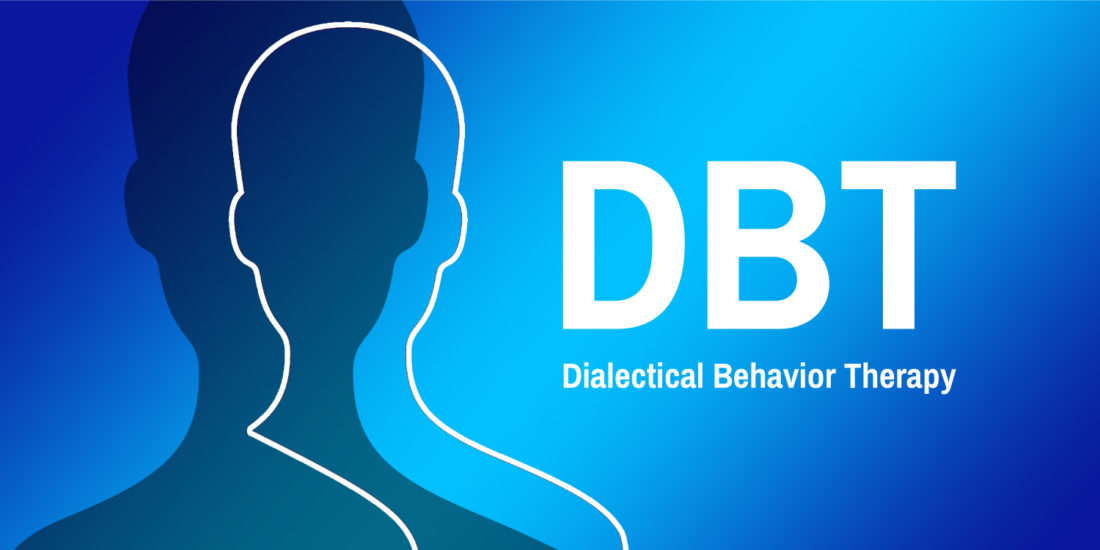Dialectical Behavioral Therapy, simply known as DBT, is a type of CBT, or Cognitive Behavioral Therapy. The purpose of Cognitive Behavioral Therapy is to help those dealing with stress, anxiety, and depression, besides other conditions. If a person has suicidal thoughts, or is prone to constant negative thinking, CBT can be considered as a means to bring behavioral change. What is dialectical behavior therapy? Below is an overview for your help.
The basics at a glance
In context of Dialectical Behavioral Therapy, the word ‘Dialectical’ is worth noting. This form of therapy focuses on two different dimensions – accepting the problem, & bringing behavioral change. Patients are made aware of their problem, and therapists work in a personal way to assist them in changing their thought process and behavior. There are three components of DBT for a patient– personal therapy, group skills training, and phone coaching, where needed. Patients and therapists interactive extensively, and patients are often asked to write down their thoughts and emotions, as a part of homework.
When is DBT considered?
More often than not, Dialectical behavioral therapy is considered for patients who have constant suicidal behavior, or personality disorders. Patients dealing with borderline personality disorder may get benefit with DBT, especially those who have extensive mood shifts, emotional distress, or sudden outbursts of anger. Also, Dialectical behavioral therapy is considered for patient who have an issue with self-image, or are prone to impulsive behavior.

Results with Dialectical behavioral therapy
Patients who have undergone Dialectical behavioral therapy often do better in terms of managing behavior. They are more in control of their emotions and anger, and may do better in social gatherings and presence of other people. Dialectical behavioral therapy has also helped patients who are dealing with substance abuse, PTSD, binge eating and other kinds of mood disorders.
Things to know
As we mentioned earlier, DBT allows the patient to know the problem and works by aid distress tolerance. For instance, if a person has impulsive behavior, he will be encouraged to feel the emotions, but with restoring to doing something impulsive. DBT also aids in changing behavior, though process, and is focused on mindfulness.
If you are prone to impulsive behavior or are suicidal, it doesn’t necessarily mean you need DBT. Only a licensed and experienced therapist can take a call on what kind of cognitive behavioral therapy is right for you. Don’t feel shy to seek help, even if it’s for someone you know.
























